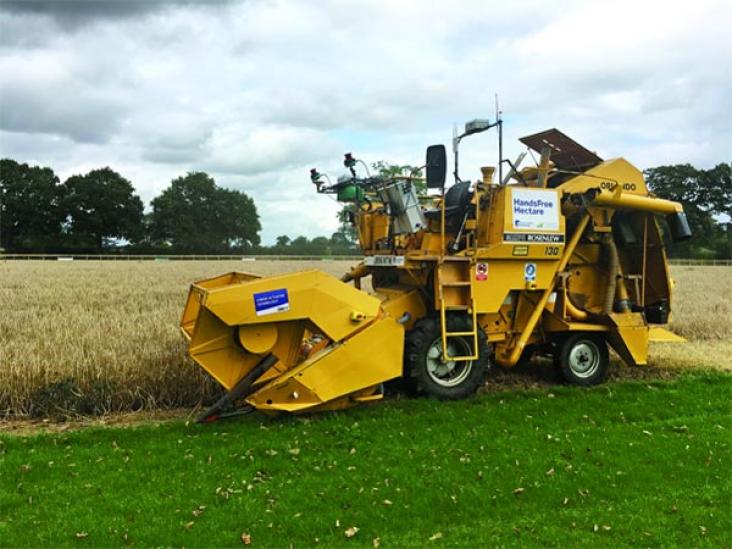The Blueprint for Business Leadership on the SDGs aims to inspire all business — regardless of size, sector or geography — to take leading action in support of the achievement of the Sustainable Development Goals (SDGs). It illustrates how the five leadership qualities of Ambition, Collaboration, Accountability, Consistency, and Intentional can be applied to a business' strategy, business model, products, supply chain, partnerships, and operations to raise the bar and create impact at scale. The Blueprint is a tool for any business that is ready to advance its principled approach to SDG action to become a leader. This chapter relates specifically to SDG 9.

The HPCC Systems Team collaborates with multiple higher learning institutions globally to help train and develop the future managers of Big Data projects. Participating institutions receive free training classes and materials to learn the platform and help incorporate it into their curriculum. Students benefit from learning and working with a platform that was designed from the ground up by industry leader, LexisNexis. This programme advances SDG 4 Quality education and SDG 9.B to support domestic technology development, research and innovation in developing countries.

HPCC Systems offers free introductory online training classes for anyone wanting to learn the basics of the ECL programming language and the open source HPCC Systems platform. Included in the training are self-paced lessons, lab exercises and a moderated Q&A forum to increase proficiency for solving Big Data problems. HPCC Systems training advances SDG 4 Quality education and SDG 9.B to support domestic technology development, research and innovation in developing countries.
Automated vehicles represent a technology that promises to increase mobility for many groups, including the senior population (those over age 65) but also for non-drivers and people with medical condi
Network organization Amsterdam Data Science (ADS) and Elsevier are collaborating together on several fronts, including research and development, joint promotion of Amsterdam as a data science center, and data science talent development. This partnership marks the first long-term collaboration agreement signed by ADS and is interetsed in advancing SDG 9 targets 5, B and C. A number of projects have already started. These are focused on improving data search and reproducibility of research that will ultimately result in higher quality research outcomes.
Global health threats such as the recent Ebola and Zika virus outbreaks require rapid and robust responses to prevent, reduce and recover from disease dispersion.
Granite Powder (GP) and Iron Powder (IP) are industrial byproducts generated from the granite polishing and milling industry in powder form respectively.

The groundbreaking Hands Free Hectare project has just seen its first harvest. This £200,000 Innovation UK-funded project by Harper Adams University with Precision Decisions has modified existing machinery to drill, sow, spray and harvest the crop without any human control. The project aims to show how automation can facilitate a sustainable farming system where multiple smaller, lighter machines will enter the field, minimising the level of compaction (SDG 15, life on land and SDG 9, industry, innovation and infrastructure).
The rapidly growing and gigantic body of stored data in the building field, coupled with the need for data analysis, has generated an urgent need for powerful tools that can extract hidden but useful
Access to clean and stable energy is a major challenge for many developing African countries. This research aims to investigate ways in which financing renewable energy projects (REPs) can help to address this problem and therefore SDG7. The authors propose the promotion of the two-hand renewable energy service company (ESCO) model as an efficient financial vehicle for increasing sustainable economic development through the production of reliable and stable electricity in semi-urban and rural communities.
